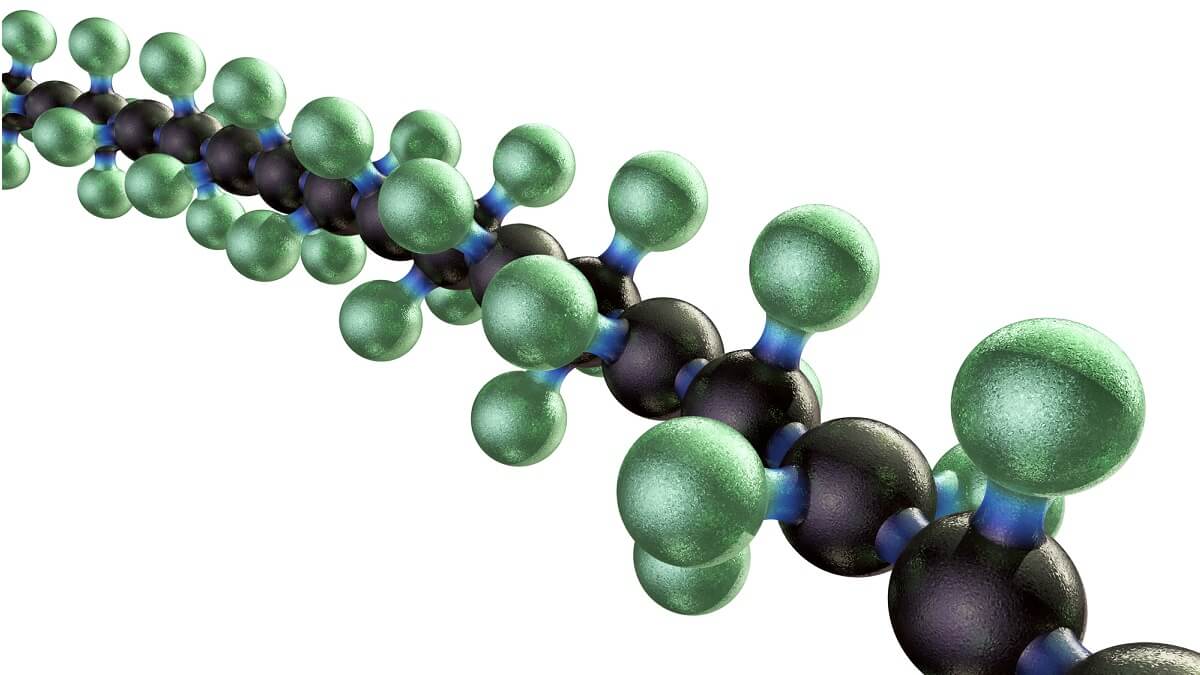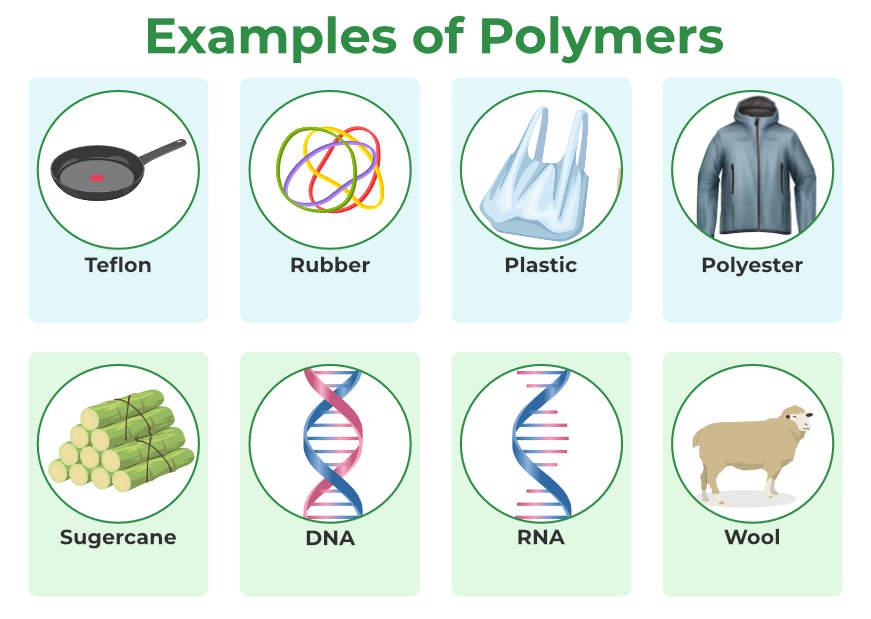Reusing Polymers: Advertising a Round Economic Climate
Reusing Polymers: Advertising a Round Economic Climate
Blog Article
Discovering the Varied Applications and Benefits of Polymers in Different Industries
Polymers, with their varied variety of buildings and capabilities, have actually become essential in different sectors, each reaping unique benefits from their application. From improving safety and performance in the auto industry to revolutionizing clinical devices in the health care market, polymers play an essential function.
Automotive Industry Applications
Polymers play a crucial function in improving the efficiency and sturdiness of numerous elements within the automobile market. One popular use of polymers in the automotive market is in the manufacturing of light-weight parts.

Healthcare Market Benefits
In different healthcare applications, the advantages of making use of polymers are extensively acknowledged for their varied variety of valuable buildings. Polymers play an important function in the healthcare industry because of their flexibility, biocompatibility, and cost-effectiveness. One of the main benefits of polymers in health care is their ability to be customized to certain needs, such as flexibility, durability, and biodegradability, making them optimal for a variety of clinical applications.
Polymer-based products are extensively used in medical tools, such as catheters, implants, prosthetics, and medicine distribution systems, because of their biocompatibility and ability to simulate all-natural tissues. These materials can reduce the threat of sensitive responses or denials, enhancing patient security and end results. In addition, polymers are light-weight, making them suitable for wearable medical devices and guaranteeing patient convenience.
Additionally, polymers enable the development of cutting-edge treatment approaches, such as hydrogels for tissue design and nanocomposites for targeted drug shipment. Their convenience of processing and sanitation makes them necessary for preserving high criteria of health in health care settings. In general, the varied benefits of polymers contribute significantly to improvements in clinical technology and individual care.
Environmental Benefits of Polymers

Furthermore, polymers can add to power financial savings as a result of their lightweight nature. In markets such as transportation, lightweight polymer materials can assist minimize gas intake and greenhouse gas exhausts. In addition, polymers can enable the development of energy-efficient products such as insulation materials that improve energy conservation in buildings.
Additionally, polymers play a crucial role in decreasing water pollution. For here are the findings instance, the usage of polymer-based filtering systems can properly remove pollutants and impurities from wastewater, guarding water sources and ecological communities. On the whole, the ecological advantages of polymers make them valuable possessions in advertising sustainability and eco-friendly practices throughout different markets.
Polymers in Electronics and Technology
Taking into consideration the boosting demand for innovative and sustainable remedies in modern-day markets, the integration of advanced polymer technologies in the world of electronics and modern technology has actually emerged as a crucial technique for driving efficiency and efficiency. Polymers have changed the electronic devices industry by allowing the manufacturing of lighter, a lot more versatile, and sturdy electronic tools. From mobile phones to clinical gadgets, polymers play an important function in boosting product layout and functionality.
One considerable advantage of polymers in electronics is their shielding homes, which aid safeguard fragile electronic elements from ecological factors and electrical disturbance. Additionally, polymers are crucial in the development of versatile display screens, wearable innovation, and published electronic devices, providing countless possibilities for creating wise and interconnected gadgets.
Furthermore, making use of polymers in digital packaging has actually led to advancements in miniaturization and thermal management, boosting the overall performance and reliability of digital systems. As technology remains to evolve, the adaptability and flexibility of polymers will unquestionably drive further innovation in the electronics industry, forming the future of innovation.
Role of Polymers in Building and Facilities
The assimilation of innovative polymer products in building and framework tasks has actually changed the means frameworks are made and constructed in modern times. Polymers provide various advantages in the construction industry due to their versatility, sturdiness, and cost-effectiveness. One key role of polymers in construction is their use in coatings and sealers, giving defense versus ecological factors such as dampness, UV radiation, and deterioration. Furthermore, polymers are used in the manufacturing of light-weight and high-strength composite products, enhancing the structural integrity of structures while minimizing general weight.
In addition, polymers play a critical role in lasting building methods by enabling the growth of energy-efficient structures. Shielding products made from polymers aid regulate interior temperatures, reducing the need for home heating and cooling systems and eventually reducing check it out energy consumption. Moreover, the usage of polymer-based compounds in infrastructure jobs such as bridges and roadways enhances their Recommended Site long life and lowers maintenance expenses. On the whole, the unification of polymers in building and facilities displays their significant influence on contemporary design methods.
Verdict
In verdict, polymers play an important function in various markets such as auto, medical care, environmental, electronics, and building and construction. From improving fuel performance in cars to improving medical tools, polymers provide numerous advantages.
Report this page